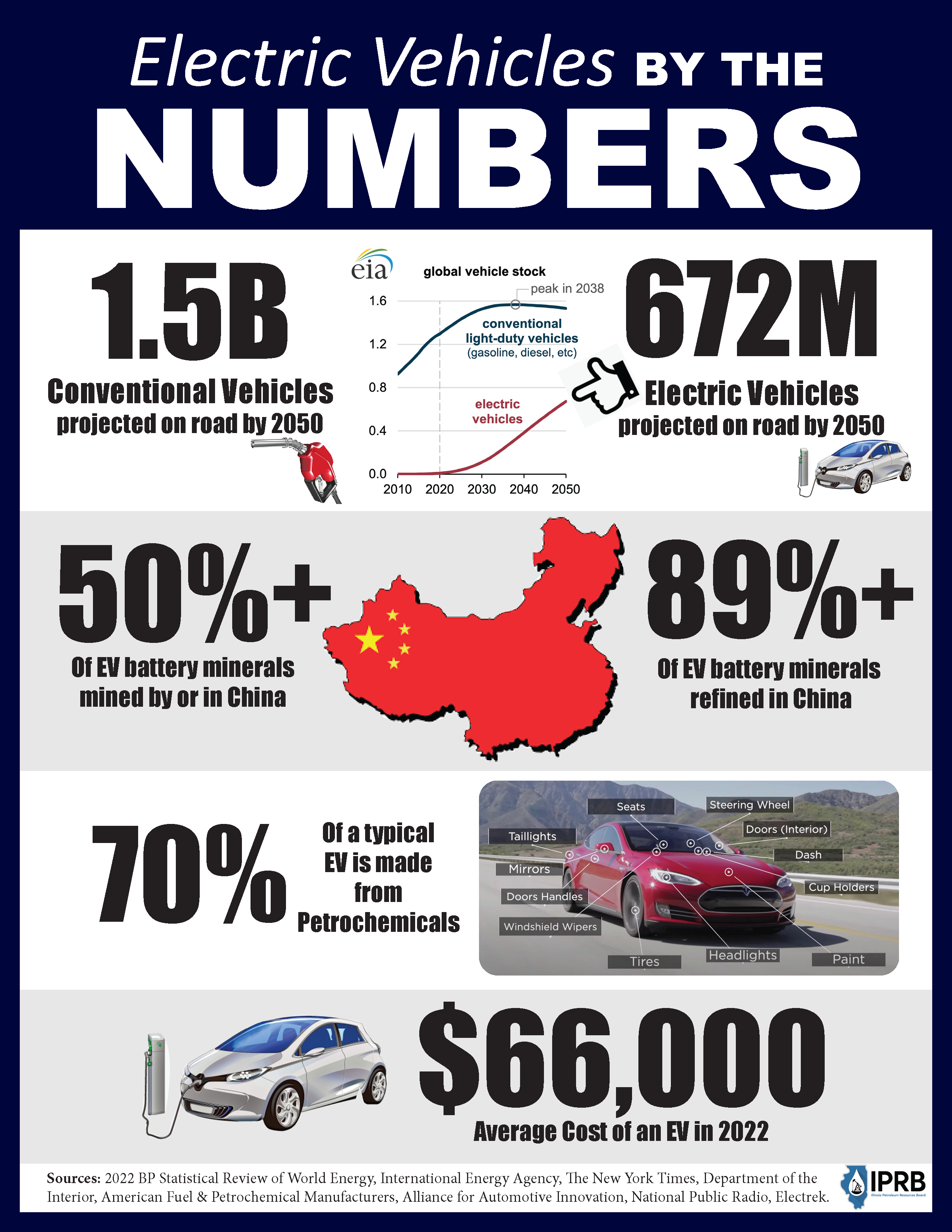Resistance To EV Mandates Grows Among Car Dealerships

Table of Contents
Financial Concerns Fueling Dealer Opposition
The transition to electric vehicles presents considerable financial hurdles for car dealerships. The high upfront costs associated with adapting to this new technology are a major source of concern. This resistance to EV mandates is directly tied to the bottom line.
- High initial investment in EV charging infrastructure: Installing and maintaining Level 2 and DC fast chargers requires significant capital investment, particularly for dealerships with limited space or older facilities. This is a substantial barrier to entry for many, especially smaller dealerships.
- Lack of government support for infrastructure development: While some governments offer subsidies, these often fall short of covering the total cost of infrastructure upgrades. The absence of comprehensive, consistent support leaves dealerships shouldering a disproportionate burden.
- Concerns about lower profit margins on EV sales compared to gasoline vehicles: The current sales structure for EVs often results in lower profit margins for dealerships compared to traditional gasoline-powered vehicles. This is due to factors such as lower service revenue and increased competition.
- Uncertainty surrounding consumer demand for EVs in specific regions: The market for electric vehicles is not uniform across all geographic locations. Dealerships in areas with lower consumer interest or limited charging infrastructure face the risk of significant financial losses if they heavily invest in EV inventory and infrastructure.
The potential for significant financial losses if EV sales don't meet expectations is a major driver of resistance. Smaller dealerships, in particular, lack the financial resources to absorb these potential losses, making them particularly vulnerable.
Challenges in EV Sales and Servicing
Beyond the financial concerns, dealerships face significant operational challenges in selling and servicing electric vehicles. The complexities of EV technology and the specialized training required for mechanics present substantial hurdles.
- Need for specialized training for technicians to repair EVs: EV repair requires specialized knowledge and tools, necessitating extensive training for existing mechanics. This training is costly and time-consuming, adding to the overall financial burden.
- Limited availability of parts and skilled technicians: The supply chain for EV parts is still developing, leading to potential delays in repairs and increased costs for dealerships. Finding and retaining skilled EV technicians is also a challenge.
- Longer service times for EV repairs compared to traditional vehicles: EV repairs can be more complex and time-consuming than those for gasoline vehicles, impacting the efficiency of dealership service departments.
- Customer apprehension regarding the range and charging infrastructure of EVs: Many consumers remain hesitant about EVs due to concerns about range anxiety and the availability of charging stations. This apprehension impacts sales and can lead to increased customer service demands.
Adapting existing infrastructure and expertise to accommodate EV sales and service is a major undertaking for dealerships, requiring substantial investment and significant organizational changes.
Consumer Demand and Market Readiness
The success of EV mandates hinges on sufficient consumer demand. While the market is growing, it's not yet universally robust. Regional variations in EV adoption rates highlight the challenges ahead.
- Variations in EV adoption rates across different demographics and regions: EV adoption is significantly higher in some regions and among certain demographics than others. This uneven distribution makes it challenging for dealerships to accurately predict demand and adjust their inventory accordingly.
- Concerns about charging infrastructure availability and charging times: Lack of widespread charging infrastructure and long charging times remain significant barriers to EV adoption for many consumers.
- Range anxiety and its impact on consumer purchasing decisions: The limited range of many EVs compared to gasoline cars remains a major concern for potential buyers, particularly those who frequently travel long distances.
- The high purchase price of EVs compared to gasoline cars: The higher initial cost of EVs compared to gasoline-powered vehicles is a significant barrier to entry for many consumers.
Increased consumer education and government incentives are critical for accelerating EV adoption and mitigating the anxieties associated with this new technology.
The Role of Government Policy and Support
Government policies play a pivotal role in shaping the success of EV mandates. The effectiveness of current policies is a crucial factor influencing the level of resistance from car dealerships.
- Insufficient incentives for both consumers and dealerships: Current incentives often fail to adequately compensate dealerships for the high cost of transitioning to EV sales and service. This lack of adequate support further fuels resistance.
- Lack of clarity and consistency in government regulations: Inconsistent and rapidly changing government regulations create uncertainty and make long-term planning difficult for dealerships.
- Need for improved infrastructure planning and investment: Government investment in charging infrastructure must be significantly increased and strategically planned to meet the growing demand for electric vehicles.
- The importance of a phased approach to EV mandates: A phased approach, allowing dealerships time to adapt and consumers time to adjust, is vital for a smooth transition to electric vehicles.
Alternative approaches, such as tax credits, subsidies for infrastructure development, and extended timelines for mandates, could encourage EV adoption without placing undue financial strain on dealerships.
Conclusion: Addressing the Resistance to EV Mandates
The resistance to EV mandates among car dealerships stems from a combination of legitimate concerns: substantial financial burdens, infrastructural limitations, inconsistent consumer demand, and inadequacies in government policy. Addressing these issues requires collaborative efforts between governments, auto manufacturers, and dealerships. Understanding and addressing the resistance to EV mandates is crucial for a successful and equitable transition to a cleaner transportation future. Collaboration and well-planned policies, including substantial financial incentives and a phased approach to implementation, are key to overcoming the challenges and ensuring the widespread adoption of electric vehicles. A balanced strategy that considers the practical challenges faced by dealerships will be essential for achieving a smooth and sustainable transition to a future powered by electric vehicles.

Featured Posts
-
 Savage X Fenty Unveils Rihannas Celestial Bridal Lingerie
May 06, 2025
Savage X Fenty Unveils Rihannas Celestial Bridal Lingerie
May 06, 2025 -
 Gazze De Ramazan Anadolu Ajansi Nin Son Haberleri
May 06, 2025
Gazze De Ramazan Anadolu Ajansi Nin Son Haberleri
May 06, 2025 -
 Sin Arnolda Svarcenegera Tezina Prezimena U Holivudu
May 06, 2025
Sin Arnolda Svarcenegera Tezina Prezimena U Holivudu
May 06, 2025 -
 Exploring The Complex Female Characters Of Mindy Kalings Television Universe
May 06, 2025
Exploring The Complex Female Characters Of Mindy Kalings Television Universe
May 06, 2025 -
 Landlords Accused Of Exploiting La Fire Victims Selling Sunset Stars Claims
May 06, 2025
Landlords Accused Of Exploiting La Fire Victims Selling Sunset Stars Claims
May 06, 2025
